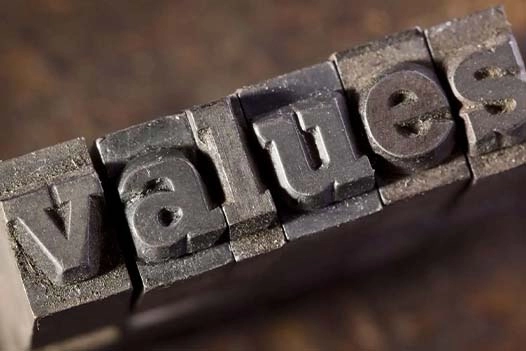
Fixed assets are the long-term, tangible resources that a business uses to create goods or services rather than holding them for resale. These are perhaps the most critical for stability and growth in any business. Here are some examples:
Buildings and Furniture
Machine and Equipment
Computer
Cars
Physical verification and valuation of a class of assets for accuracy of reporting and compliance with accepted accounting standards is termed as Fixed Assets Audit.
We at My Startup Solution offer fixed assets audit services to businesses in Lucknow. Our experts are dedicated to providing you with the most accurate and detailed auditing solutions so that your fixed assets may be accounted for and also be in compliance with the most recent versions of regulation.
To check if the fixed asset records are maintained correctly and up to date.
Review of Capital Expenditure - To determine whether capital expenditures are capitalized.
Depreciation Verification - To check whether the calculated depreciation under the companies act, 2013 is proper, accurate and comprehensive.
Compliance with accounting standards - The Company will follow applicable IND AS, and disclose as applicable of the Companies Act, 2013.
The following shall be required documents to conduct the audit.
Policies and procedures in respect of fixed assets, classification and amortization.
The customer keeps a fixed asset register, or FAR.
The following are other supporting documents: quotations, purchase requisitions, purchase orders, and invoices.
A list of people authorized to buy or dispose of fixed assets.
Physical verification register of fixed assets held in the client's book.
Policy Review: All of your internal policies shall be reviewed to ensure their statutory compliance.
Balance Confirmation: Opening balances in Financials and Fixed Asset Register should invariably agree with the closing balance of the previous year's audited Financials.
FAR Analysis: The Fixed Asset Register should be complete, accurate, and compliant with the Companies Act, 2013 (CARO 2016 requirements).
Revaluation checks: Where revaluation is applicable the entire class of such fixed assets is duly adjusted either against Revaluation Reserve or Profit & Loss Account.
Physical Verification: Verify physically all fixed assets for existence, condition, and tagging. Confirm that adequate controls exist so that no unauthorized person can access the above assets.
Regular Auditing: There should be periodic inspections of the fixed assets based on physical evidence.
Acquisitions: All procurements are based on the achievement of in-house policies, actual cost incurred and within budget, and documentary evidence of the process.
Disposals: Verify against the policies for the disposal of assets, so that in case of any profit or loss arising from the disposal, it is correctly shown and depreciation adjustments are accordingly made.
Depreciation Calculation: As seen above, this policy's depreciation would be calculated based on AS 10 (Revised), AS 26 and applying the same, the irregularities which exist from Schedule II of the Companies Act, 2013, would be separately stated as notes to accounts.
Requirements regarding Disclosure: All the fixed assets will be classified according to Schedule III of the Companies Act, 2013 and detailing gross value, accumulated depreciation, additions and disposals.
My Startup Solution awaits you if you are looking for reliable and effective Fixed Assets Audit services in Lucknow. We help you get the right balance of professional experience that yields accurate fixed assets with all compliance. Let's Get Connected If you have questions or wish to schedule a consultation appointment, please contact us at info@mystartupsolution.in. We would be glad to assist you in maintaining your fixed assets records clean and up-to-date in full compliance with all relevant regulations.
A fixed assets audit verifies and analyzes the tangible assets of a business, be it machinery and buildings or anything similar. It is a very important position as it secures correct recording, fulfillment of accounting standards, and validates depreciation levels.
Necessary documents include internal policies on fixed assets, Fixed Asset Register, supporting documents from purchases-invoices, quotations, list of authorized personnel for asset management, and physical verification records.
Best Practice Business organizations should carry out minimum annual fixed assets audit. Quarterly and annual audit maintains asset records, promotes compliance and catches discrepancies in time.
Failure to conduct an audit can result in misreporting financial statements and breach of compliance, causing financial loss. It could also cause the missing discrepancy, and asset valuation becomes at risk and increases with tax authorities.






